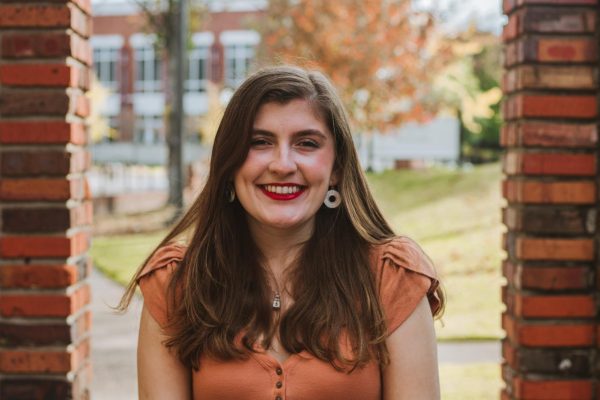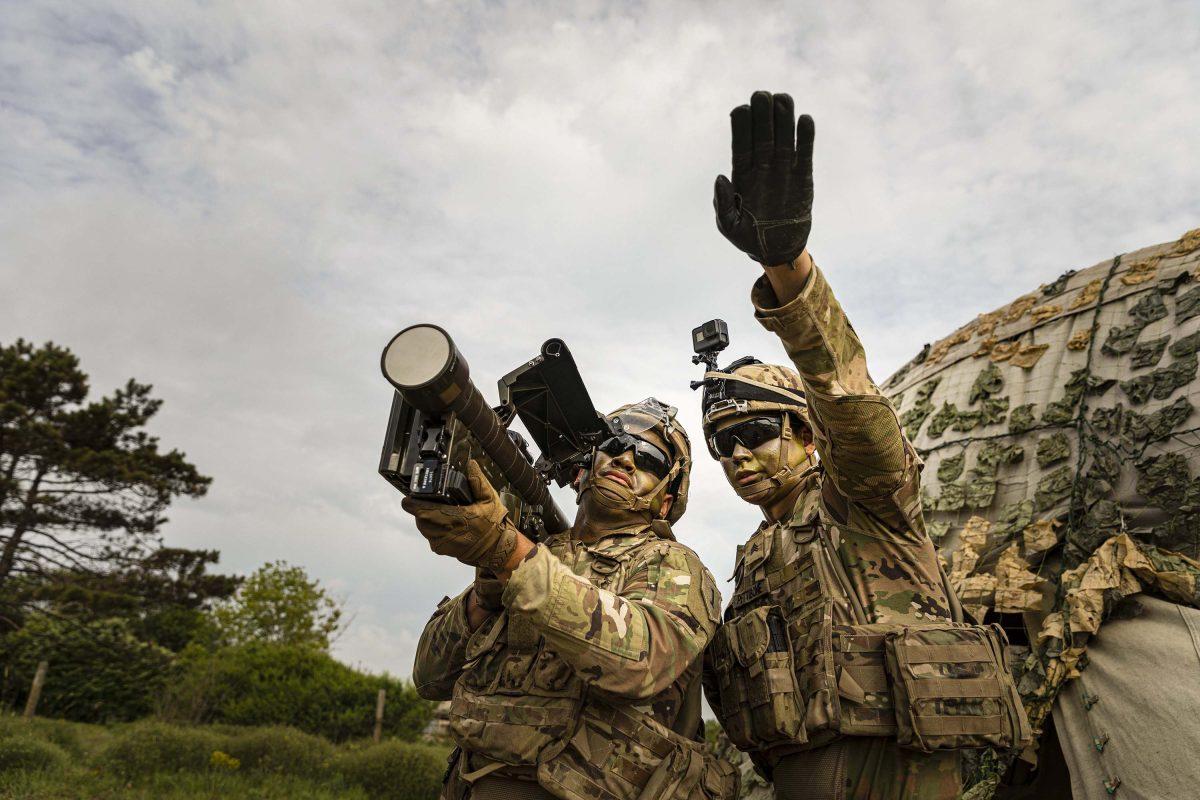Feb. 24 marked the beginning of Russia’s invasion of Ukraine and war between the two nations.
News outlets like Al Jazeera and BBC have reported that the U.S., the European Union, Great Britain and others have imposed sanctions against Russia to condemn its actions and negatively impact its economy.
Regarding the involvement of the U.S., Brian Shoup, head of Mississippi State University’s political science department, said he does not believe a direct confrontation with Russia will occur.
“What we’re doing right now is probably the smart thing and that is isolating Russia and making it pay a deep and severe economic cost for its decision,” Shoup said.
Shoup described the purpose of these sanctions as a way to restrict Russia’s access to foreign reserves, remove its ability to transfer money between banks and target the specific people who help support Vladimir Putin.
“I think the overall idea right now is to make the people who Putin depends upon deeply, deeply, deeply uncomfortable in order to sew internal problems within Russia,” Shoup said.
Shoup explained how the sanctions would impact the U.S. economy due to Russia’s status as a major exporter of petroleum products.
“This is going to increase energy costs,” Shoup said. “We already have an issue with inflation in the United States where it’s impacting regular citizens in pretty significant ways, so it’s very likely the case that this is going to pinch the pocketbooks of a lot of people.”
Besides the increase in gas prices, Shoup said Starkville would feel the effects of this crisis through the residents involved in military careers and organizations.
“Those young people in our active duty and reserve are already being told that they should probably be prepared,” Shoup said.
Shoup said UNICEF and the International Rescue Committee are reliable organizations that Starkville residents can donate to in order to support Ukrainian forces and refugees.
Yuliya Gluhova, a senior anthropology major, suggested the humanitarian company Madre as a way to assist and donate to Ukrainian women and LGBTQ+ citizens.
“It’s important to know where you’re sending your money to, and it’s important to recheck sources because some people can take advantage of that,” Gluhova said.
Kate Malaia, an assistant professor in the School of Architecture, said the best way for Starkville residents to support Ukrainians is to press U.S. politicians for an increase in action.
“The economic sanctions are great, but the problem is we’re not going to last long enough for the economic sanctions to ruin Russia from the inside,” Malaia said.
As a Ukrainian native, Malaia described the difficulty her family faced when relocating from Kyiv, Ukraine.
“The vacation from Kyiv right now means likely standing on a train for many hours. It could take seven to 10 hours to leave the western Ukrainian city, and you’d be standing for another 10 to 15 hours to cross the Polish border,” Malaia said.
Due to the amount of walking and standing involved in evacuation, Malaia said immobile citizens cannot leave.
The conflict also restricts travel for Russians. Gluhova’s friend from Turkmenistan cannot leave Russia and travel to the U.S. for her Ph.D. program because of the conflict.
Malaia compared the ongoing invasion and attacks in Ukraine to the 2015 Russian attacks in Syria.
“Russia is just committing crimes against humanity. It’s starting to look like a genocide,” Malaia said.
Malaia said Ukraine required more immediate assistance from other nations.
“We have a 20th-century history of ignoring Hitler and letting him have the Czech Republic, and then within a couple of years, it was everybody’s problem,” Malaia said. “This is the exact same situation repeating again, and that’s what makes it feel even more tragic that apparently, the world has not learned from its mistakes.”
While living in Turkmenistan, Gluhova remembered hearing of the 2014 conflict between Ukraine and Russia with the emergence of Donetsk and Luhansk People’s Republic.
“Donetsk People’s Republic and Luhansk People’s Republic wanted to separate from Ukraine, and there are a lot of Russians living within those republics. I know that Russia gives dual citizenship to a lot of people there,” Gluhova said.
Gluhova expressed a distaste in Russian President Vladimir Putin’s control of information on the conflict.
“I don’t think it’s the right thing to do. There should be freedom of information. Right now, it’s really hard for Russians to get legitimate news about the situation that is going on,” Gluhova said.
According to Gluhova, many Russian citizens are in support of Ukraine.
“They are just aware of it, and there are a lot of protests. A lot of Russians are sending money to Ukraine to support them, too,” Gluhova said.
“Russia is just committing crimes against humanity;” MSU faculty, students discuss Ukrainian-Russian conflict
Courtesy Photo | U.S. Army
The U.S. recently gave Stinger missiles to the Ukrainian military to fight Russian forces.
About the Contributor

Payton Brown, Former News Editor
Payton Brown served as the News Editor from 2022 to 2023.
0
Donate to The Reflector
Your donation will support the student journalists of Mississippi State University. Your contribution will allow us to purchase equipment and cover our annual website hosting costs.
More to Discover













